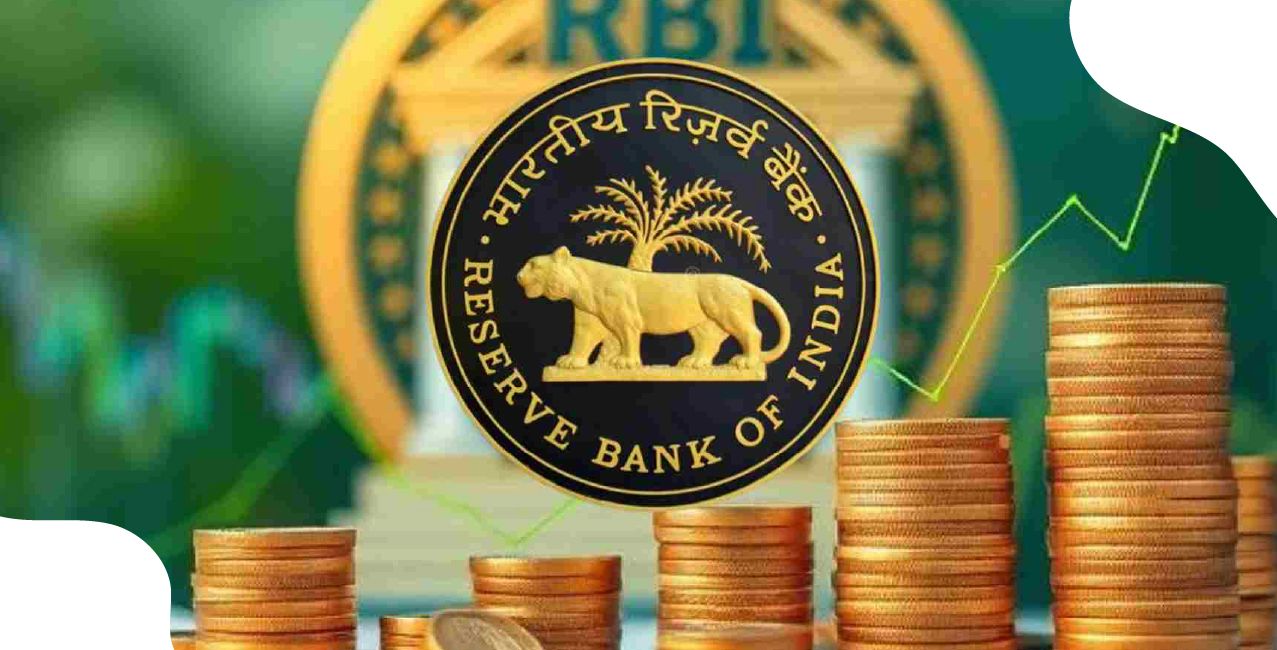2% Processing Fees Charges on Loan Approval? Not Anymore. RBI Might Push Banks To Do This

Check Your Loan Eligibility Now
By continuing, you agree to LoansJagat's Credit Report Terms of Use, Terms and Conditions, Privacy Policy, and authorize contact via Call, SMS, Email, or WhatsApp
The Reserve Bank of India (RBI) is once again focusing on consumer protection in banking services. According to recent reports, the central bank is set to urge commercial banks to reduce the processing charges levied on loans and the service charges applied on debit cards.
This move, if implemented, will directly benefit millions of retail borrowers and everyday debit card users across India.
Why Is RBI Intervening Now?
Loan processing charges and debit card service fees are not uniform across banks. While some lenders maintain a nominal structure, others charge significantly higher amounts. For example, processing fees on personal loans often range from 0.5% to 3% of the loan amount, which can be a substantial cost for borrowers. Similarly, debit card annual fees and replacement charges have also been rising steadily.
The RBI’s intervention is driven by the need to make banking services more affordable and transparent. In the last five years, digital banking adoption has surged, but hidden costs and high processing fees have been frequent consumer complaints. By nudging banks to cut charges, the RBI aims to ease the financial burden on customers and ensure fair pricing practices.
Current vs Proposed Fee Structure
To understand the potential impact of RBI’s push, let us look at the present range of charges and how they may change if banks adopt the central bank’s recommendations.
If RBI’s advice is taken seriously, customers can expect substantial savings on loan-related costs and more reasonable debit card fees. This would improve both financial inclusion and consumer trust in banks.
Impact on Borrowers and Everyday Banking
For borrowers, especially those availing personal, education, or home loans, processing charges add a significant upfront burden. On a ₹20 lakh home loan, a 1% processing fee translates to ₹20,000. If banks reduce such charges, the overall cost of credit will fall, helping middle-class households in particular.
Similarly, debit cards have become a necessity for withdrawing cash, making payments, and authenticating digital transactions. Excessive service charges on debit cards disproportionately affect low-income users. Lower fees would make digital payments more inclusive and aligned with RBI’s vision of a “less-cash economy.”
Why Banks Might Resist in Removing Processing Fees from Loans?
Banks argue that processing fees and debit card charges help cover administrative costs, risk assessment, and technology infrastructure. For example, processing a loan involves credit checks, document verification, and underwriting, all of which incur costs.
Similarly, debit card systems require investments in fraud detection, card manufacturing, and transaction security.
However, RBI’s stance indicates that these costs should not be disproportionately passed on to consumers. Instead, operational efficiency and technology upgrades should reduce reliance on high service charges.
International Comparison
Globally, India’s banking fees are relatively higher for certain retail products. For instance, many European banks cap loan processing charges at a fixed nominal amount, rather than a percentage of the loan. Similarly, debit cards in countries like Singapore and the UK often come with zero annual fees, especially for basic variants.
The comparison shows that India has room to lower its banking charges in line with global norms, without harming financial stability.
RBI’s Track Record of Consumer-Friendly Measures
This move is not isolated. Over the last decade, RBI has consistently intervened in service charges to protect consumers. Key examples include:
- Waiving off charges on UPI and RuPay debit card transactions up to certain limits.
- Standardising charges on NEFT and RTGS, eventually making them free on digital channels.
- Bringing transparency in credit card billing practices through circulars.
By pushing for reduced fees on loans and debit cards, the RBI is extending the same philosophy to physical and semi-digital banking products that still serve millions of Indians.
Conclusion
The RBI’s proposal to reduce loan processing charges and debit card service fees is a timely step to make banking fairer and more affordable. If implemented, it will reduce the cost of borrowing, encourage digital payments, and improve consumer trust in financial institutions.
While banks may highlight operational cost concerns, global practices show that lower fees can coexist with healthy banking systems. For India, where financial inclusion is still a priority, aligning service charges with affordability is not just consumer-friendly but also socially necessary.
Ultimately, RBI’s push reinforces a simple principle: banking should empower customers, not burden them with hidden costs.
About the author

LoansJagat Team
Contributor‘Simplify Finance for Everyone.’ This is the common goal of our team, as we try to explain any topic with relatable examples. From personal to business finance, managing EMIs to becoming debt-free, we do extensive research on each and every parameter, so you don’t have to. Scroll up and have a look at what 15+ years of experience in the BFSI sector looks like.
Subscribe Now
Related Blog Post

Home Loan Interest Rates 2025 Deliver Major EMI Relief, Will Borrowers See More Gains In 2026?

Will the Indian Rupee Stabilise in 2026 After a Volatile 2025?

RBI Draft Rules Target Surprise Costs in Overseas Payments
Recent Blogs
All Topics
Contents
Quick Apply Loan
Consolidate your debts into one easy EMI.
Takes less than 2 minutes. No paperwork.
10 Lakhs+
Trusted Customers
2000 Cr+
Loans Disbursed
4.7/5
Google Reviews
20+
Banks & NBFCs Offers
Other services mentioned in this article





